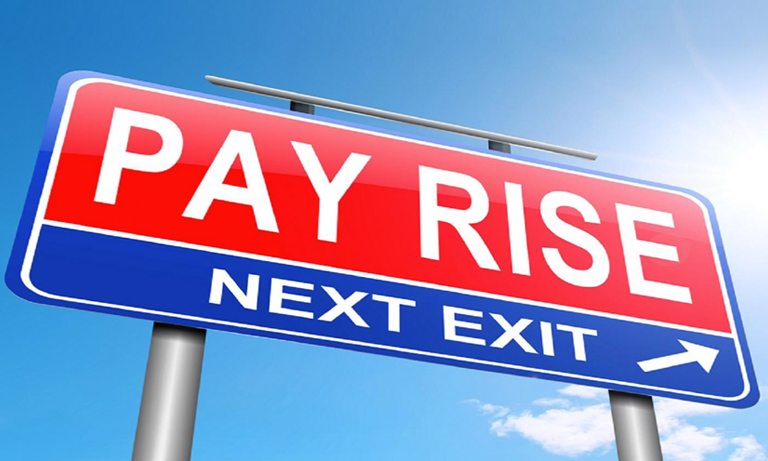 Earlier this year, Chancellor George Osborne warned that the UK faces a ‘cocktail’ of threats due to a slowing global economy, causing a knock-on effect on the UK workforce
Earlier this year, Chancellor George Osborne warned that the UK faces a ‘cocktail’ of threats due to a slowing global economy, causing a knock-on effect on the UK workforceIt has been predicted that workers across the UK will see lower wage increases in 2016 due to the introduction of Gender Pay Gap Reporting, allowing equal pay for all employees and forcing businesses to budget wages more carefully.
Earlier this year, Chancellor George Osborne warned that the UK faces a ‘cocktail’ of threats due to a slowing global economy, causing a knock-on effect on the UK workforce. This statement has been given further magnitude by a recent survey conducted by Paydata, a reward consultancy firm, which showed that workers are likely to see a reduction in pay rises in 2016.
The survey showed that employers, in deciding their budget for 2016, were looking to offer fewer pay increases to staff and in some cases no pay increases at all. This is due, in part, to the Consumer Price Index remaining at zero, with the rate of inflation and the Retail Price Index appearing to stagnate at one per cent.
However, the biggest and most controversial issue for businesses has been the new Gender Pay Gap Reporting, which is due to be implemented in April this year.
The issue with Gender Pay Gap Reporting is that employers want to address concerns by employees as to equal pay before they can give pay increases to staff members, thus making sure that everyone feels fairly treated at work.
Over the years, businesses have paid individually determined increases to staff who they believe deserve pay rises as opposed to a bonus to all staff equally. However, the new legislation for equal pay will put the current system on hold until the Government can provide companies with guidelines for pay awards.
In the past, industry trends have shown that different sectors have differing pay increases. Those in London generally receive more significant pay awards due to recruitment volumes and retention pressures. However, those in Professional Associations and Institutes will generally receive just below the overall figures.
Last year, the CBI predicted that inflation would rise by 2 per cent as indicated by the Government. However, if we do find that we have low pay increases in 2016, this is unlikely to happen because incomes will fail to keep pace with inflation.
We are expecting further surveys on pay awards during the coming months which will no doubt reflect the Gender Pay Gap. These should help in further understanding the likely impact on wage increases in the longer term.
Join Over 40,000 Recruiters. Get our latest articles weekly, all FREE – SEND ME ARTICLES
Recruiters love this COMPLETE set of Accredited Recruitment & HR Training – View Training Brochure








